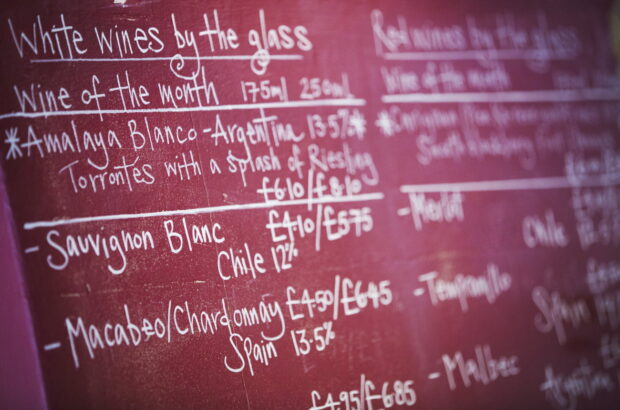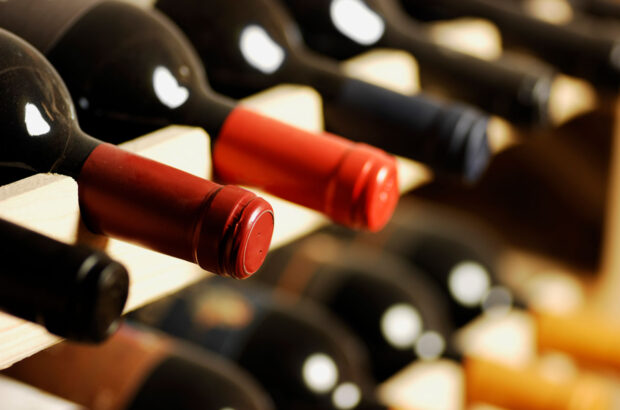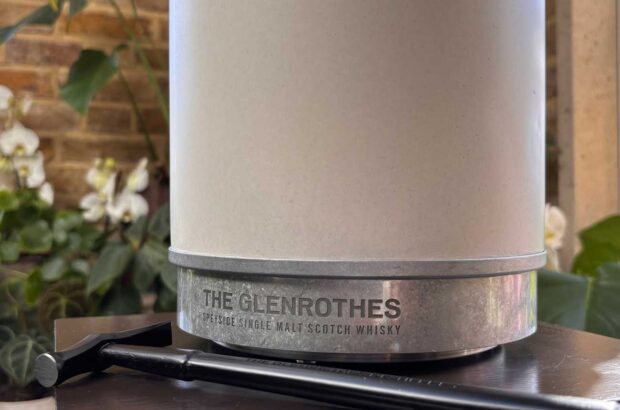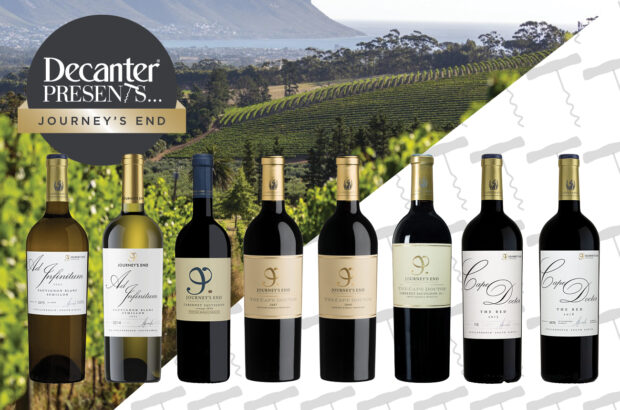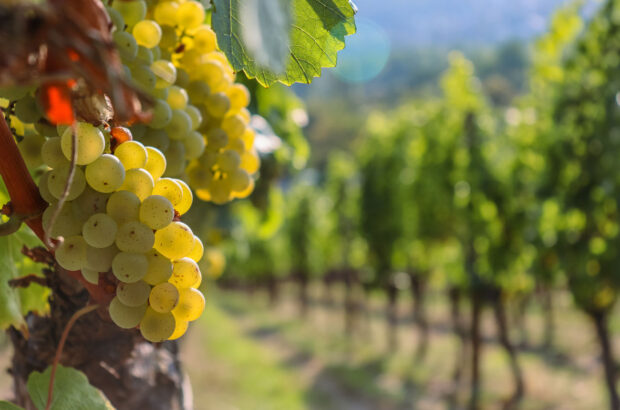What makes it a wine legend?
Wine Legend: Château Margaux 1983, Bordeaux, France
Bottles produced 350,000
Composition 75% Cabernet Sauvignon, 15% Merlot, 6% Petit Verdot, 4% Cabernet Franc
Yield 67hl/ha
Alcohol level 12.5%
Release price 170 francs (€26 at today’s prices)
Price today £460 to £620 a bottle
A legend because…
The 1983 Margaux turned out to be a triumph from a vintage widely regarded as far from outstanding. Its quality still puzzles the producer, as the château observes: its ‘spectacular success… partly remains an enigma, which goes to show how limited our knowledge is about what makes a vintage successful’.
Looking back
During the postwar years, Château Margaux was owned by the Ginestet family, but by the 1970s a series of mediocre vintages and financial difficulties led to a drop in quality. By 1975 Pierre Ginestet had to put the estate on the market. In 1977 he found a purchaser in the Greek-born entrepreneur André Mentzelopoulos, who invested substantially, restored the handsome château and took on Professor Emile Peynaud as a consultant. The improvement in quality was swift and lasting. André Mentzelopoulos died in 1980, leaving his widow to run the estate with young daughter Corinne.
By 1983 Corinne Mentzelopoulos was essentially in sole charge, and her appointment of the young Dr Paul Pontallier as general manager and chief winemaker proved an inspired decision, lending to the first growth an instinctive winemaking flair combined with scientific rigour. 1983 was Pontallier’s first vintage at Margaux, and this wine’s exceptional quality was probably no coincidence.
The vintage
Although there was some poor weather during the spring, the flowering was successful and the grapes ripened through a warm, dry summer. July in particular was unusually hot, with intermittent storms. August was wetter and the constant humidity led to rot and other maladies, which required constant treatment.
Fortunately September was warmer and drier, and ripening continued steadily. The harvest took place in late September and October in excellent conditions. It is widely accepted that Margaux was the most successful Left Bank Bordeaux commune in 1983, and although there are many disappointments, both Châteaux Margaux and Palmer produced superb wines.
The terroir
The vineyards of Château Margaux have scarcely altered since the 1855 classification. Three quarters of the vines are planted on deep gravel soils that deliver exceptional Cabernet Sauvignon, while soils with more clay and limestone are generally planted to Merlot.
Both varieties can be exceptional here, but this is certainly one of the supreme terroirs for Cabernet in Bordeaux, and the wine makes the most of it.
The wine
Grapes are selected and sorted in the vineyard before fermentation in large wooden vats. The wine is aged in entirely new oak with a medium toast so as to avoid excessively oaky aromas and flavours. In short, this is a case of classic Bordeaux vinification with no resort to smoke and mirrors.
The fragrance, concentration and balance of the 1983 have been widely appreciated, but unfortunately this vintage appears to have a higher than average proportion of tainted wines – probably the consequence of faulty corks or other TCA problems.
The reaction
Although there have been tastings when Decanter’s veteran taster Michael Broadbent preferred the 1982 Margaux to the 1983 when tasted side by side, in the majority of instances it was the other way round, with the ’83 showing a more seductive bouquet and an additional degree of finesse to its more vaunted vintage neighbour.
In 2000 he noted: ‘The unbeatable Margaux fragrance soaring out of the glass; sweet, soft and rich. It fills the mouth with flavour and seems to last forever.’ Clive Coates MW in 2004 was ecstatic: ‘amazingly lovely nose, marvellously concentrated, poised fruit… The fruit is very raspberry-like and still very fresh. Very long. Brilliant!’
More Wine Legends:

Wine Legend: E Guigal, La Mouline, Côte-Rôtie 1969
What makes it a wine legend...?

Wine Legend: La Mission Haut-Brion, Pessac-Léognan 1929
Why is La Mission Haut-Brion 1929 a wine legend...

Wine legend: Pingus 1995
Why it makes the Decanter hall of fame...

Wine Legend: Krug 1928
Why it makes the Decanter hall of fame...

Wine Legend: Taylor’s Vintage Port 1927, Douro, Portugal
What makes it a wine legend...?

Wine Legend: Zind-Humbrecht, Clos St-Urbain Pinot Gris SGN 1989
What makes it a wine legend?

Wine Legend: Château Palmer 1961
Why it makes the Decanter hall of fame...

Wine Legend: Gaja, Barbaresco 2001
Why it makes the Decanter hall of fame...

Wine Legend: Château Pétrus 1945
Find out what's behind the legendary status of Pétrus...

Wine Legend: Château Montrose 1990
What makes Château Montrose 1990 a worthy wine legend...

Wine Legend: Dom Pérignon 1975
What makes Dom Pérignon 1975 a wine legend...?

Wine legend: Chateau Montelena 1973



